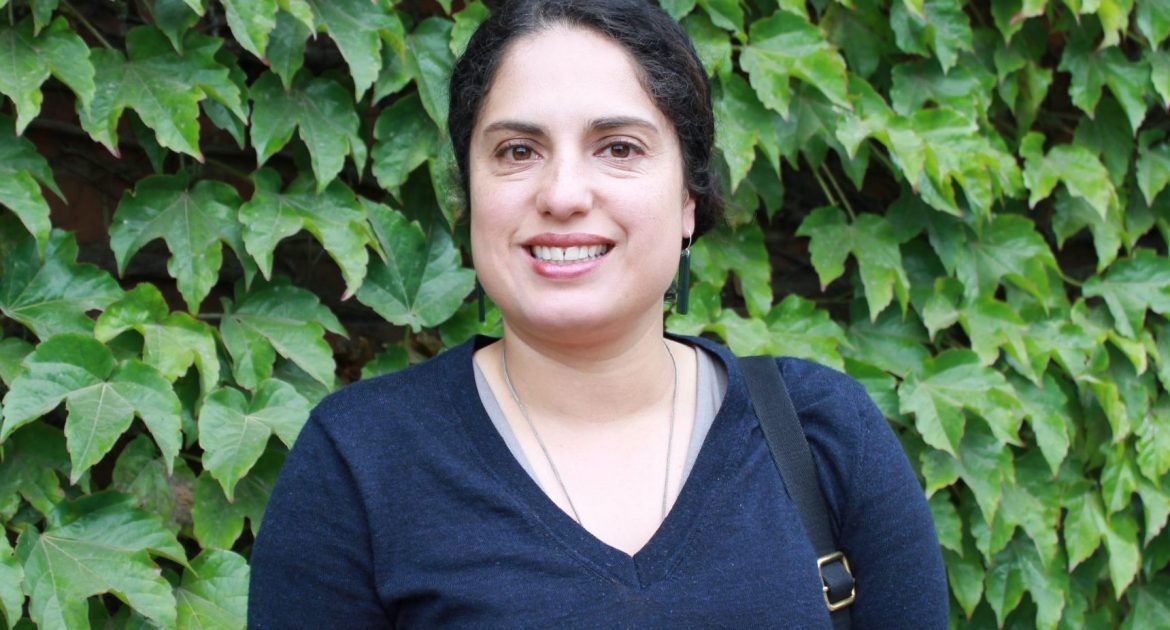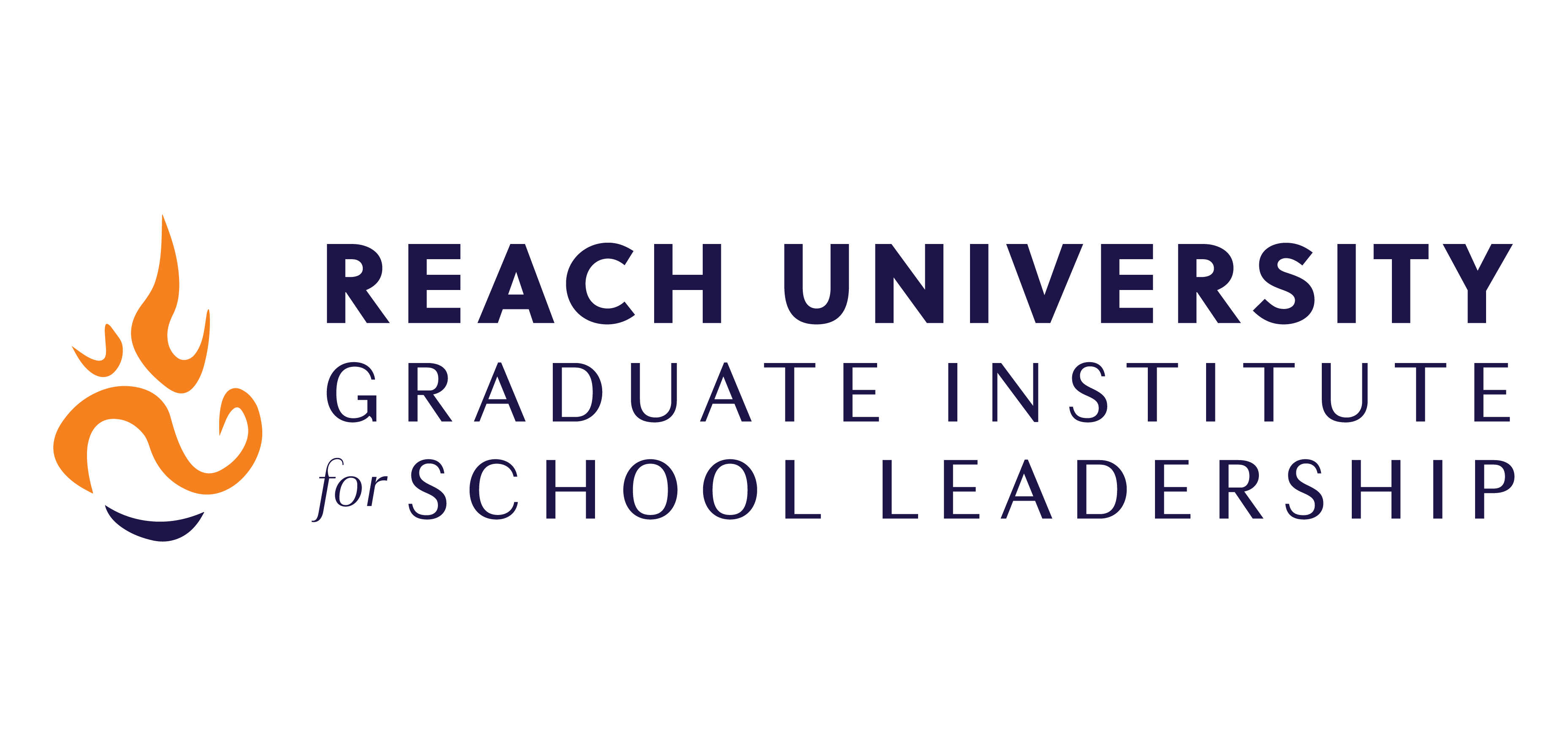Building New Teacher Capacity to Increase Student Engagement/Academic Achievement

In the same ways traditional and modern forms of teaching do not address or structure optimal learning opportunities for adolescents, the same is true for adult learning. Ideally, teachers would come out of teacher education programs prepared to teach on their first day of class. The reality for most novice teachers is that they are not adequately prepared to teach. If teacher instruction/effective teaching is the greatest contributor to student academic success, then to address the achievement gap successfully, we must first address teacher preparation/training. The purpose of this intervention was to create capacity amongst novice teachers to develop the skills, knowledge, and understanding necessary to implement best instructional practices in their classrooms to support all students on a consistent basis. In accordance with what research shows, incorporating metacognitive strategies in instruction is instrumental in helping students acquire deeper understanding of material / content taught. To do this, this intervention provided two novice teachers with a PD solely focused on metacognition followed by a joint lesson design and two coaching cycles with the purpose of ensuring that learning was teacher centered, knowledge centered, assessment centered and community centered. Below is an overview of my finding:
- The intervention increased the number of metacognitive strategies teachers used in the classroom
- The intervention helped teachers develop the capacity to reflect authentically and analyze the effectiveness of their instruction
This intervention was successful in addressing my problem of practice by increasing the use of best instructional practices, specifically metacognitive strategies. Additionally, by designing teacher centered learning opportunities, participants we were able to increase their own metacognitive practice when looking at their instruction.

